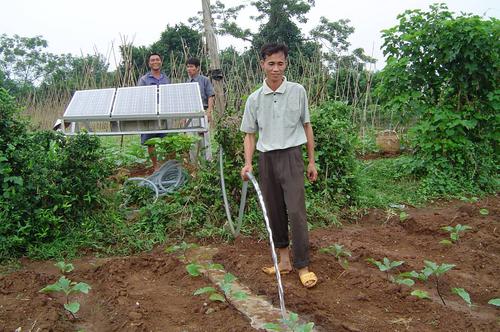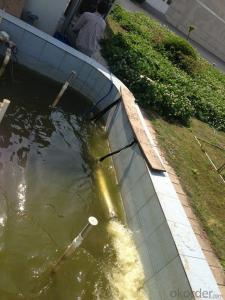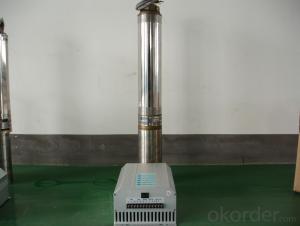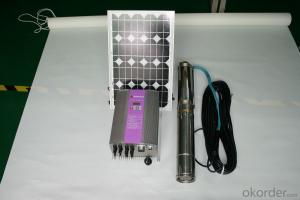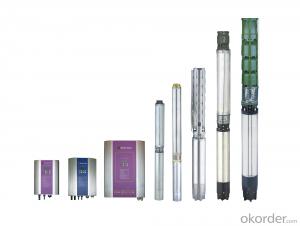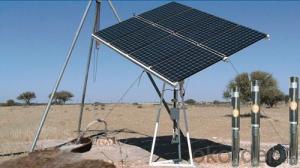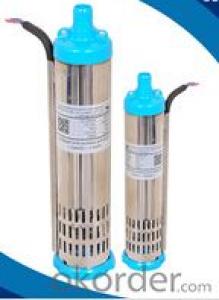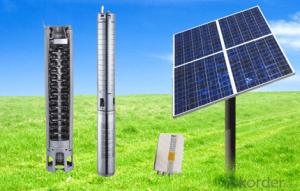Solar Pump for Pond - Irrigation Solar Water Pump
- Loading Port:
- Shanghai
- Payment Terms:
- TT OR LC
- Min Order Qty:
- -
- Supply Capability:
- 300 set/month
OKorder Service Pledge
Quality Product, Order Online Tracking, Timely Delivery
OKorder Financial Service
Credit Rating, Credit Services, Credit Purchasing
You Might Also Like
how is the rotor made:
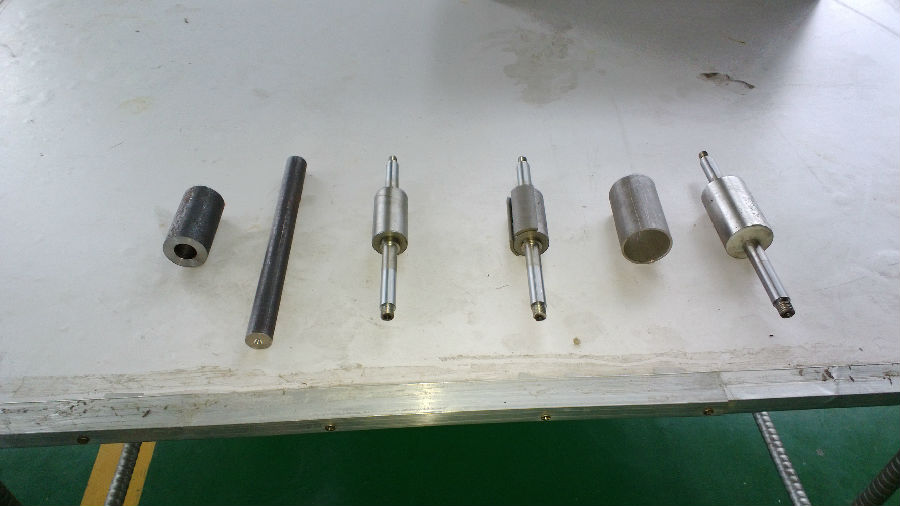
how is the motor made:
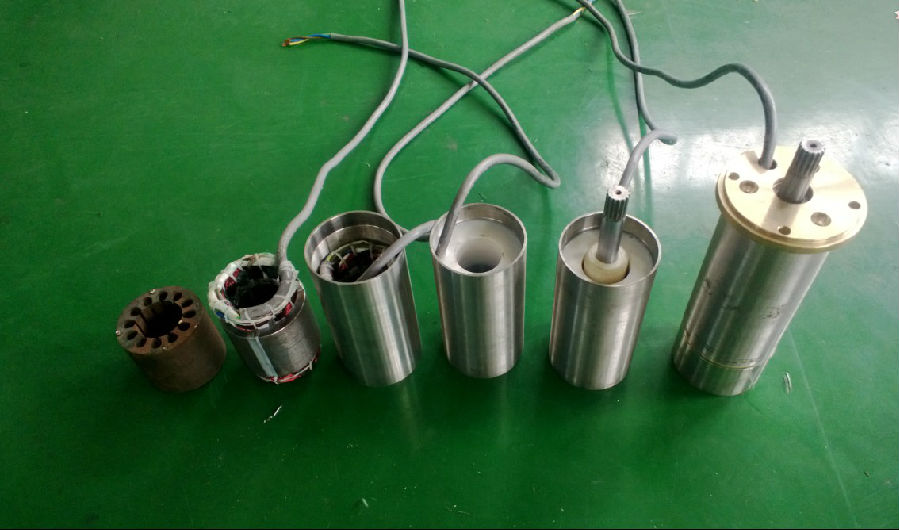
the pump :
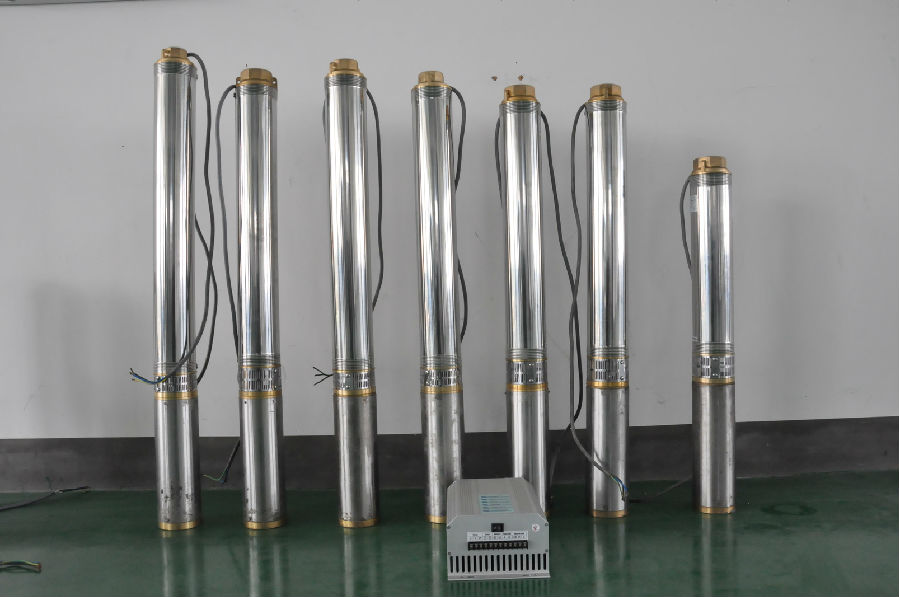
controller terminal connection:
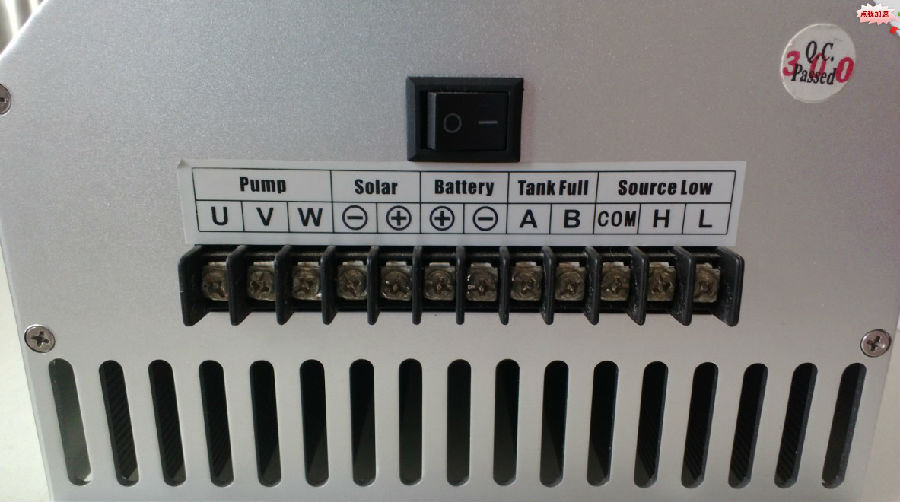
The permanent magnet:

the impeller:
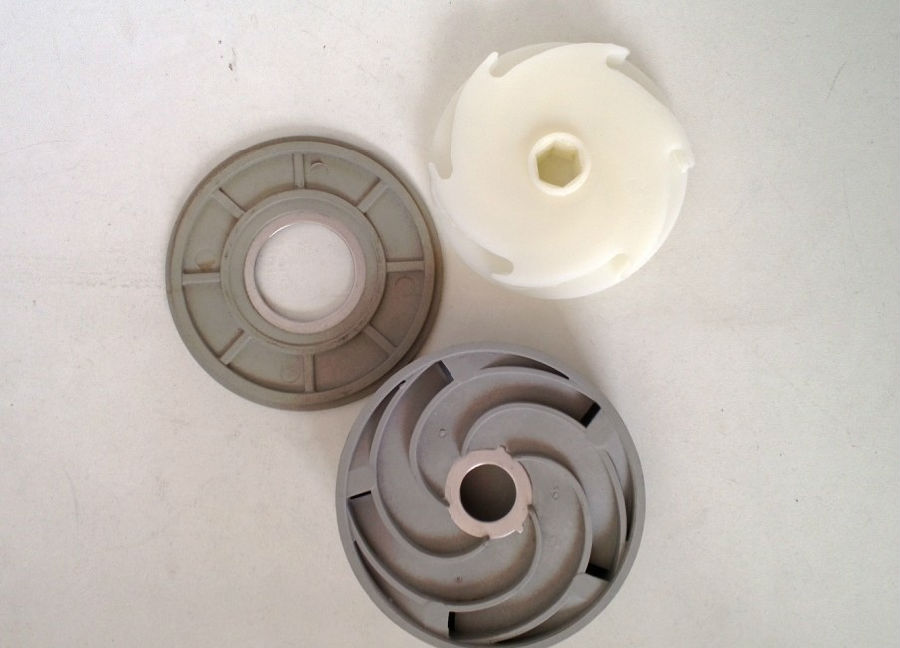
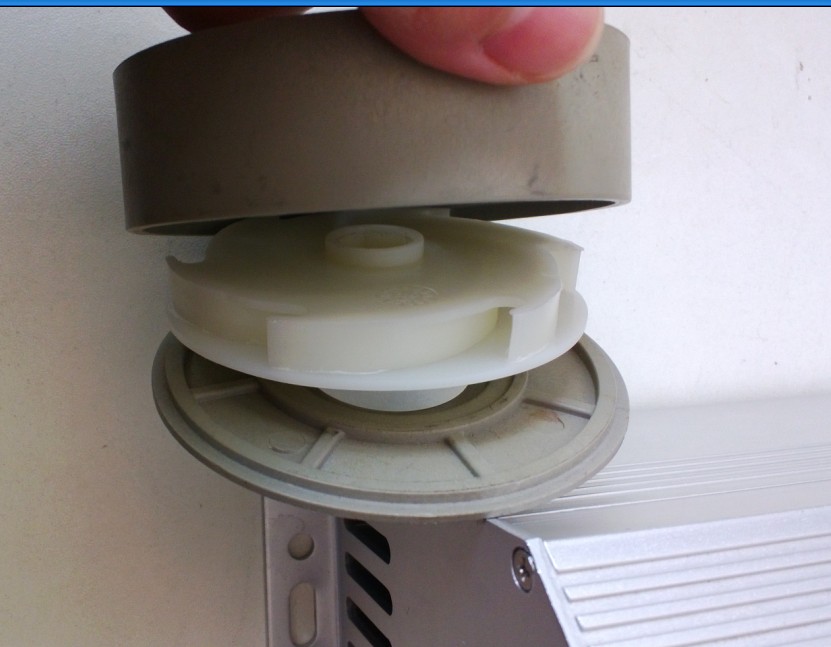
controller box:
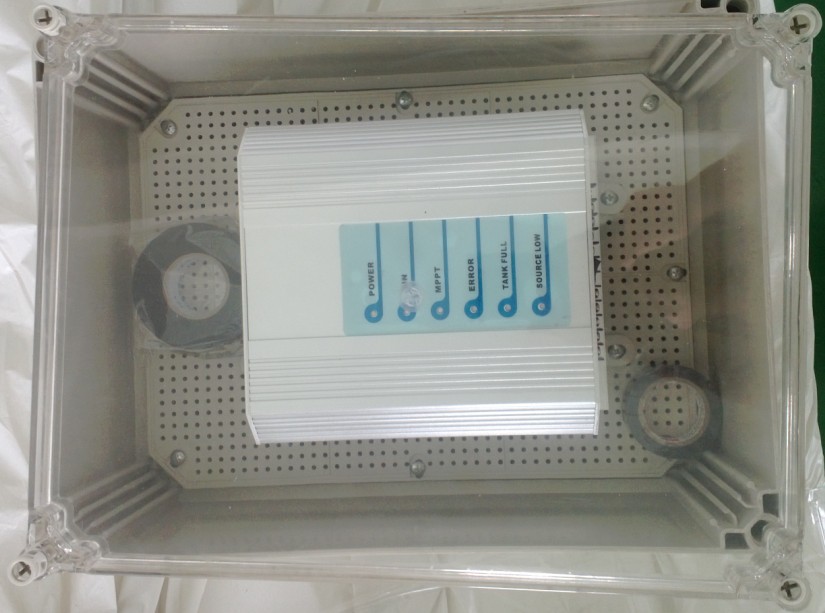
the senors:
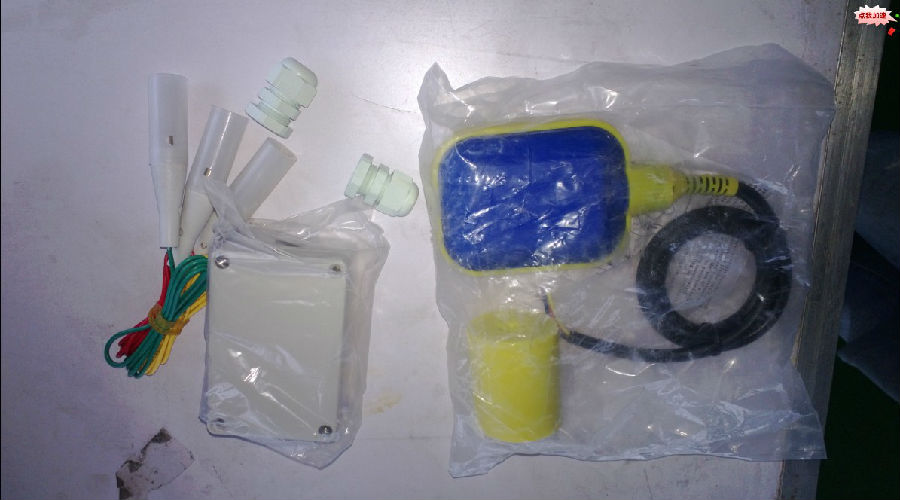
the test:
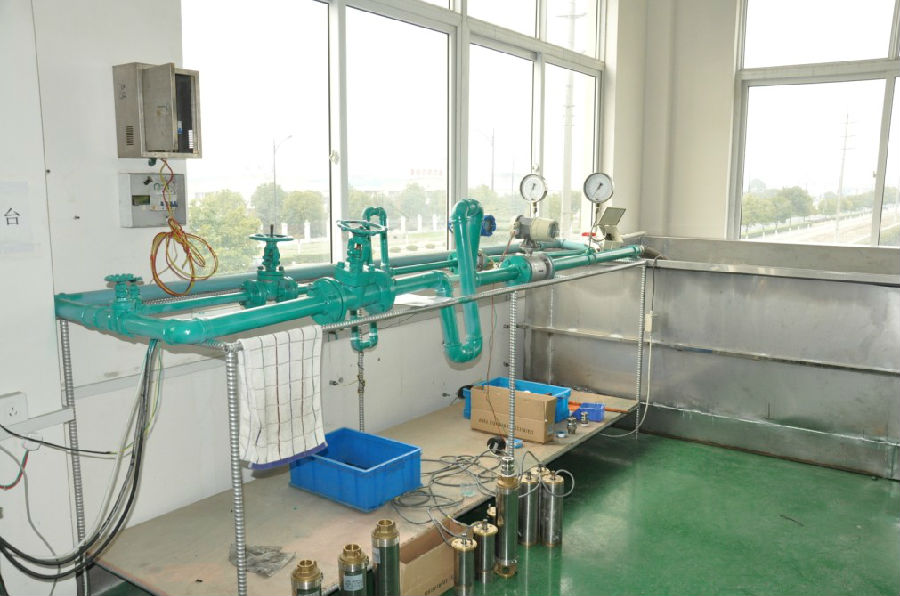
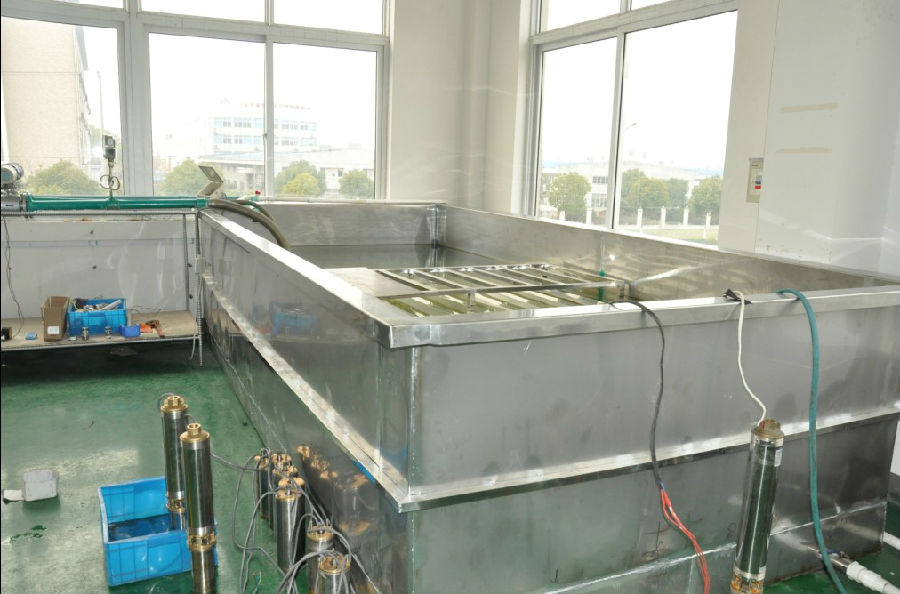
the application:
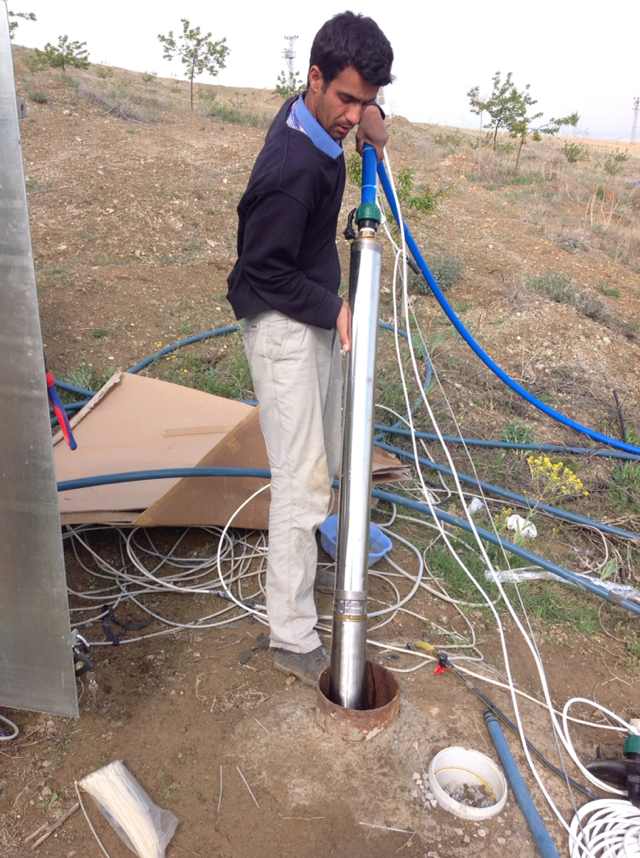
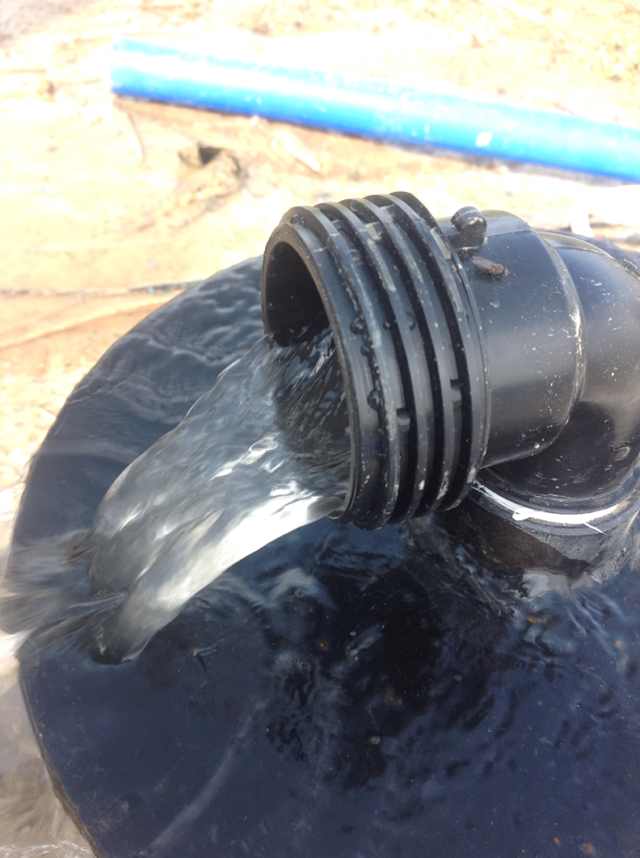
the package:
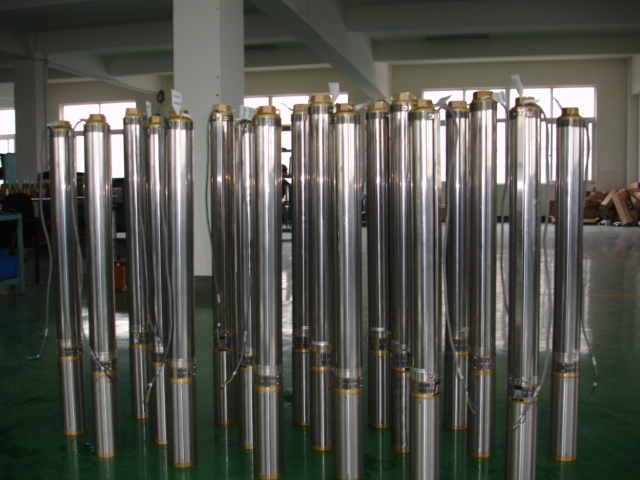
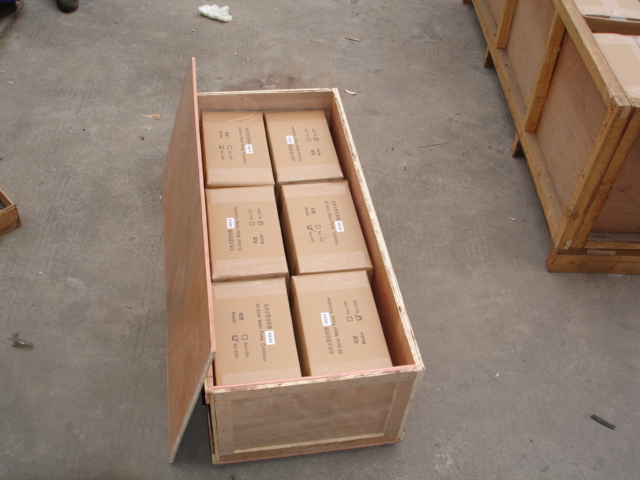
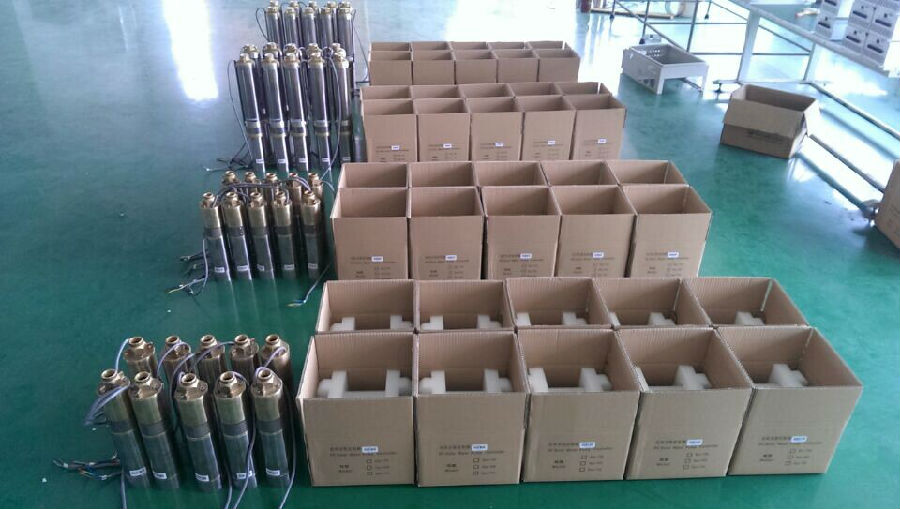
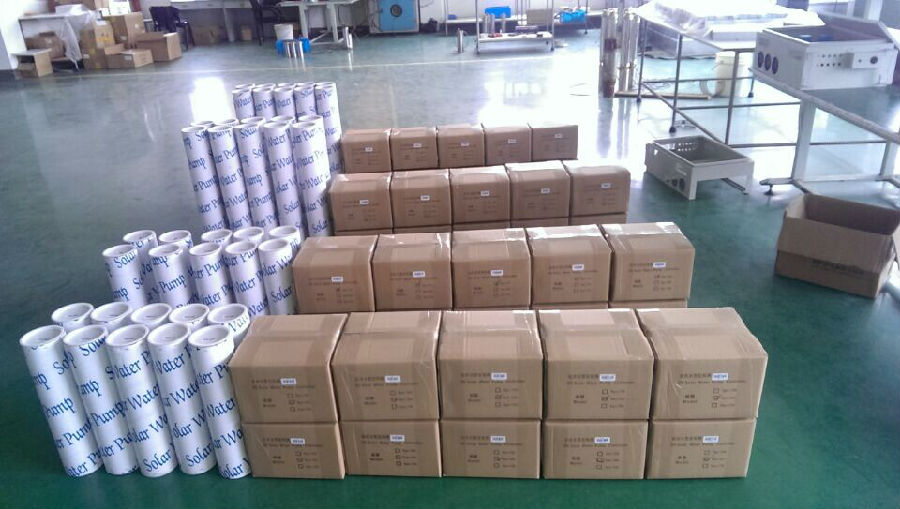

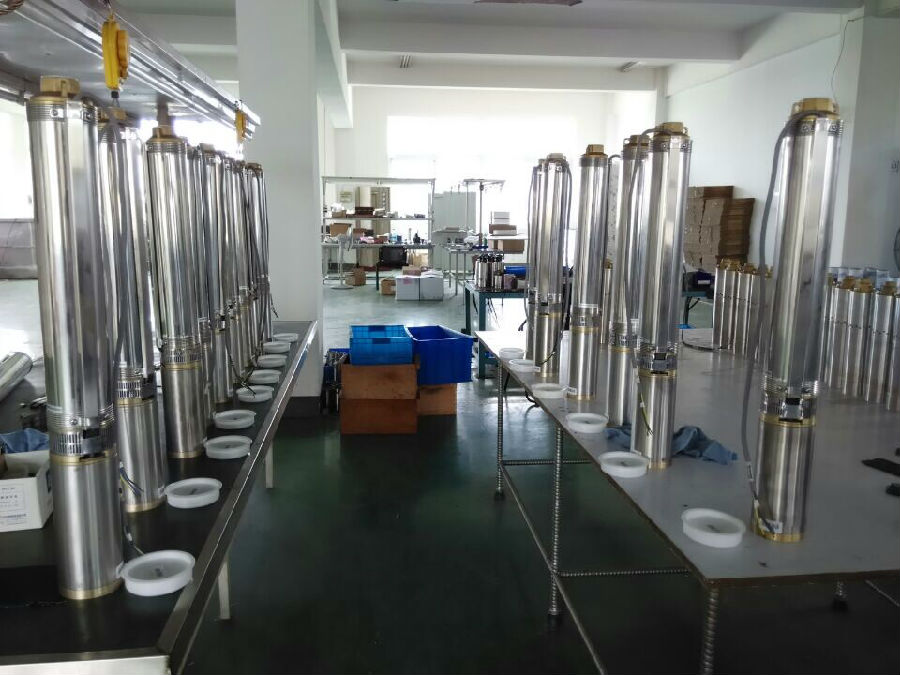
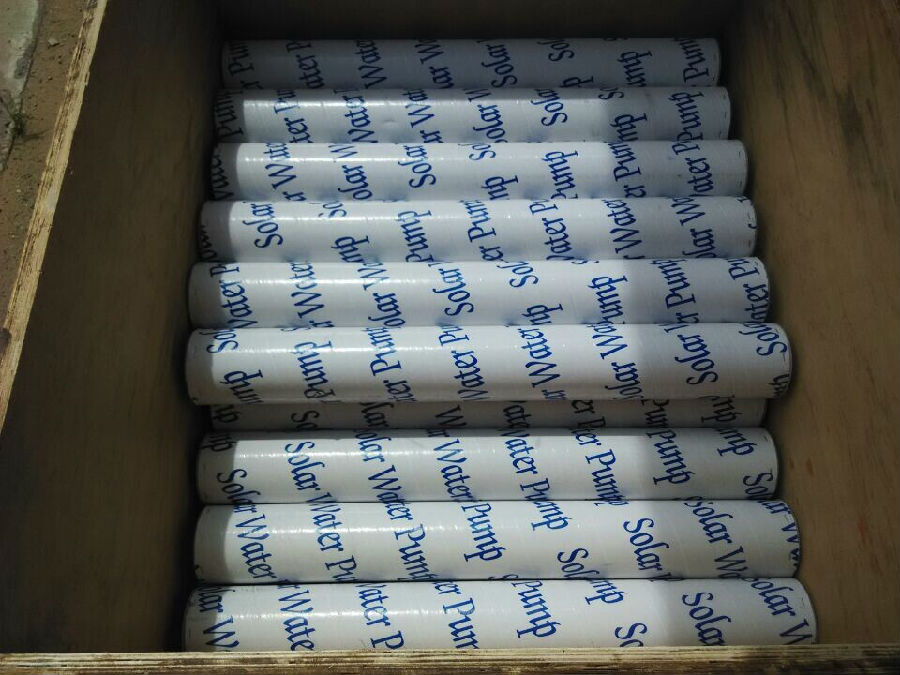
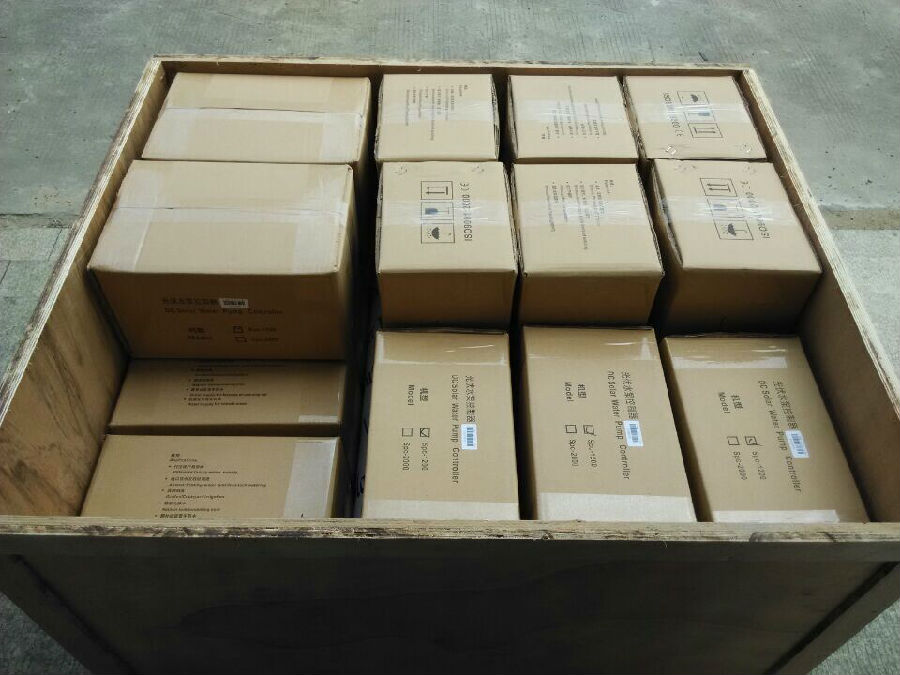
- Q: Can a solar pump be used for heating water?
- Indeed, the utilization of a solar pump is feasible for water heating purposes. Solar pumps find wide application in solar water heating systems, facilitating the circulation of water from storage tanks or collectors to desired outlets like showers or faucets. By harnessing the sun's energy, the water is heated, and the solar pump efficiently circulates it throughout the system, guaranteeing optimum heat transfer. This eco-friendly setup presents a remarkable opportunity to curtail energy expenses linked to water heating.
- Q: How does the angle and orientation of solar panels affect the performance of a solar pump?
- The performance of a solar pump is greatly affected by the angle and orientation of the solar panels. The angle determines the amount of sunlight received, while the orientation dictates the direction the panels face. Efficiency of solar panels is determined by the angle at which they are installed, as this affects the amount of sunlight they can capture. Sunlight is converted into electricity by solar panels, and the tilt angle determines the quantity of sunlight captured. The optimal angle is dependent on the geographical location of the solar pump. For example, regions near the equator benefit from a flat or low tilt angle to maximize sun exposure year-round. Conversely, higher latitudes require a steeper tilt angle to compensate for lower sunlight intensity. Orientation refers to the direction solar panels face, usually either south or north depending on the hemisphere. In the Northern Hemisphere, south-facing panels capture the maximum sunlight. By facing south, panels receive sunlight for the longest duration during the day. Similarly, in the Southern Hemisphere, north-facing panels provide optimal performance. The angle and orientation of solar panels also influence the angle of incidence, which is the angle at which sunlight strikes the panel surface. Maximum efficiency is achieved when sunlight strikes the panels perpendicularly. If the angle of incidence is too high or low, panel efficiency decreases. Adjusting the tilt angle and orientation optimizes the angle of incidence, maximizing energy output from the solar pump. In conclusion, the angle and orientation of solar panels are crucial in determining the performance of a solar pump. By adjusting these factors based on the geographical location, it is possible to optimize sunlight capture and maximize the efficiency of the solar pump.
- Q: Can a solar pump be used in areas with high snowfall or ice conditions?
- A solar pump can indeed be used in areas with high snowfall or ice conditions. While extreme weather conditions may present challenges for solar panels, there are multiple ways to ensure the proper functioning of a solar pump in such regions. Firstly, the solar panels can be installed at an angle to facilitate the easy sliding off of snow. Additionally, anti-icing coatings or heating elements can be integrated into the panels to prevent the accumulation of ice. Moreover, the pump system can be designed with freeze protection mechanisms like insulation and heat tracing to avoid the freezing of water or pipes. By implementing these measures, solar pumps can effectively operate in areas with high snowfall or ice conditions, serving as a dependable and sustainable water pumping solution.
- Q: Can a solar pump be used in areas with high levels of bacteria or contamination in water?
- Yes, a solar pump can be used in areas with high levels of bacteria or contamination in water. However, it is important to note that a solar pump alone may not eliminate bacteria or contamination from the water. To ensure safe and clean water, additional water treatment methods such as filtration or disinfection should be implemented in conjunction with the solar pump.
- Q: Can solar pumps be used for water supply in remote hospitality or tourism facilities?
- Yes, solar pumps can be used for water supply in remote hospitality or tourism facilities. Solar pumps are an eco-friendly and cost-effective alternative to traditional pumps that rely on electricity or fuel. They can provide a reliable and sustainable water supply even in remote areas where access to conventional power sources is limited. Additionally, solar pumps require minimal maintenance and can operate efficiently in off-grid locations, making them a suitable choice for remote hospitality or tourism facilities.
- Q: Can a solar pump be used for water supply in disaster-affected areas?
- Yes, a solar pump can be used for water supply in disaster-affected areas. Solar pumps are a reliable and sustainable solution as they are not dependent on electricity grids that may be disrupted during disasters. They can provide a consistent water supply by harnessing solar energy, which is abundant in most disaster-affected regions. Furthermore, solar pumps are easy to install and maintain, making them suitable for emergency response efforts in such areas.
- Q: Can a solar pump be used in areas with limited access to water resources?
- Yes, a solar pump can be used in areas with limited access to water resources. Solar pumps are an efficient and sustainable alternative to traditional water pumping systems. They operate using solar energy, which is abundant in most areas, especially those with limited access to water resources. By harnessing the power of the sun, solar pumps can draw water from various sources such as wells, rivers, or lakes, providing a reliable and cost-effective solution for accessing water in areas with limited resources.
- Q: Are there any limitations on the temperature range that solar pumps can operate in?
- Yes, there are certain limitations on the temperature range in which solar pumps can operate. Solar pumps are designed to function optimally within a specific temperature range, typically between -40°C to 60°C (-40°F to 140°F). Extreme temperatures beyond this range can affect the performance and efficiency of the solar pump, potentially leading to reduced output or even damage to its components. Therefore, it is essential to consider the temperature range of the location before installing a solar pump to ensure its successful operation.
- Q: Are there any noise restrictions for installing a solar pump in residential areas?
- Yes, there may be noise restrictions for installing a solar pump in residential areas. The specific noise restrictions can vary depending on the local regulations and guidelines set by the municipality or homeowners' association. These restrictions are typically in place to ensure that the noise generated by the solar pump does not disturb the peace and quiet of the residential neighborhood. It is advisable to check with the local authorities or relevant governing bodies to determine if there are any specific noise restrictions that need to be followed when installing a solar pump in a residential area.
- Q: How does the efficiency of a solar pump compare to traditional electric pumps?
- The efficiency of a solar pump is generally higher than that of traditional electric pumps. Solar pumps utilize energy from the sun, which is a renewable source, making them more environmentally friendly. Additionally, solar pumps operate with direct current (DC) power, which eliminates the need for converting electricity from alternating current (AC) as traditional electric pumps do. This results in lower energy losses and higher efficiency for solar pumps.
Send your message to us
Solar Pump for Pond - Irrigation Solar Water Pump
- Loading Port:
- Shanghai
- Payment Terms:
- TT OR LC
- Min Order Qty:
- -
- Supply Capability:
- 300 set/month
OKorder Service Pledge
Quality Product, Order Online Tracking, Timely Delivery
OKorder Financial Service
Credit Rating, Credit Services, Credit Purchasing
Similar products
Hot products
Hot Searches
Related keywords

